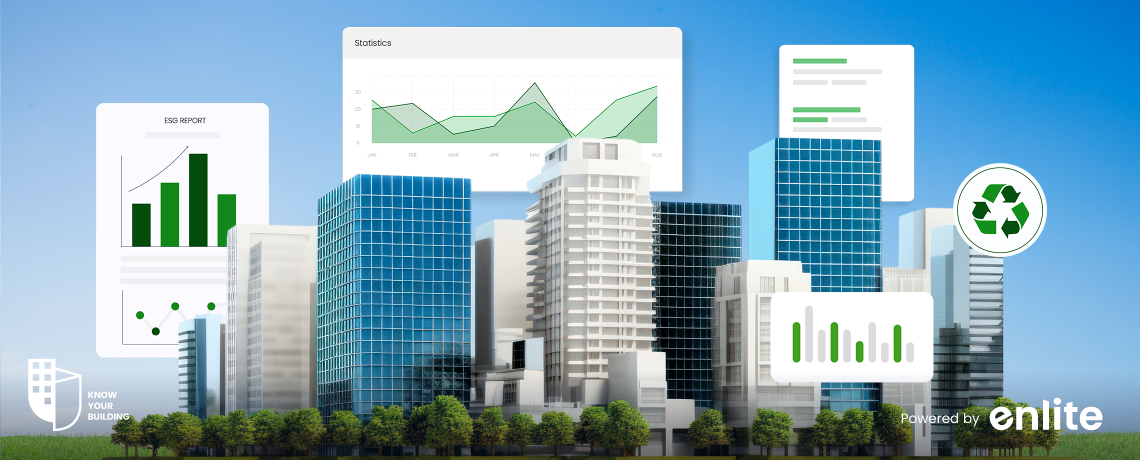Introduction
In today’s environmentally conscious world, consumers, investors, and stakeholders increasingly demand transparency from businesses and organizations regarding their sustainability practices. Building management systems (BMS) play a crucial role in enabling accurate and comprehensive sustainability reporting for buildings.
What is Sustainability Reporting?
Sustainability reporting is the process of disclosing non-financial information about a company’s environmental, social, and governance (ESG) performance. It provides stakeholders with a clear understanding of a company’s commitment to sustainability and helps build trust and accountability.
Benefits of Sustainability Reporting
Sustainability reporting offers numerous benefits for both businesses and society as a whole. Here are some of the key advantages:
- Improved brand reputation: Demonstrating commitment to environmental and social responsibility can significantly enhance brand reputation and attract environmentally conscious consumers and investors.
- Increased stakeholder engagement: Transparent reporting fosters trust and engagement with stakeholders like investors, customers, and employees.
- Enhanced risk management: Identifying and managing environmental and social risks can prevent potential liabilities and ensure long-term sustainability.
- Reduced costs: Optimizing resource consumption and implementing sustainability initiatives can lead to significant cost savings in energy, water, and waste disposal.
- Improved decision-making: Data-driven insights from sustainability reports inform strategic decisions and promote resource-efficient operations.
- Increased access to capital: Investors are increasingly interested in sustainable businesses, and comprehensive reporting can facilitate access to green financing opportunities.
- Innovation: Analyzing sustainability data can spark innovation and identify new opportunities for environmental and social improvement.
Building Management Systems and Sustainability Reporting
BMS plays a vital role in enabling accurate and comprehensive sustainability reporting for buildings.
How BMS helps in Sustainability Reporting
Data-driven insights:
- BMS provides real-time and historical data on various aspects of a building’s operation, including energy consumption, water usage, waste generation, indoor air quality, and occupancy.
- This data facilitates accurate measurement and analysis of a building’s environmental performance and helps identify areas for improvement.
Benchmarking:
- Data collected by the BMS can be compared to industry benchmarks and best practices to set realistic sustainability goals and track progress over time.
Automated reporting:
- Many BMS come with built-in reporting functionalities, allowing for automatic generation of reports with relevant data and metrics, saving time and resources.
Identification of trends and opportunities:
- Analyzing data over time helps identify trends and patterns in resource consumption, enabling proactive measures to enhance sustainability performance.
Verification of claims:
- Data from the BMS can be used to verify sustainability claims and ensure transparency with stakeholders.
Examples of how BMS can improve sustainability:
- Optimizing HVAC systems: Adjusting heating and cooling based on occupancy and environmental conditions through BMS can significantly reduce energy consumption.
- Automating lighting: Integrating occupancy sensors and daylight harvesting can automatically adjust lighting levels to maximize energy savings.
- Leak detection and prevention: Early detection of water leaks through sensors in the BMS helps reduce water waste and potential damage to the building.
- Optimizing irrigation systems: Data on weather and soil moisture allows for adjustments to irrigation schedules through the BMS, reducing water use and promoting healthy landscaping.
- Enhancing occupant comfort: BMS can be used to maintain optimal temperature, humidity, and air quality, improving occupant comfort, health, and productivity.
Overall Benefits
- Reduced operating costs: By optimizing energy and resource consumption, BMS can contribute to significant cost savings for building owners and managers.
- Increased tenant satisfaction: Improved comfort and environmental conditions can attract and retain tenants, leading to higher occupancy rates and rental income.
- Enhanced brand image: Demonstrating commitment to sustainability through reporting can enhance a company’s brand image and reputation, attracting environmentally conscious stakeholders.
- Compliance with regulations: BMS can help businesses comply with environmental regulations and standards, reducing the risk of fines and penalties.
- Access to green financing: Data from the BMS can help secure green financing opportunities for sustainable building projects.














